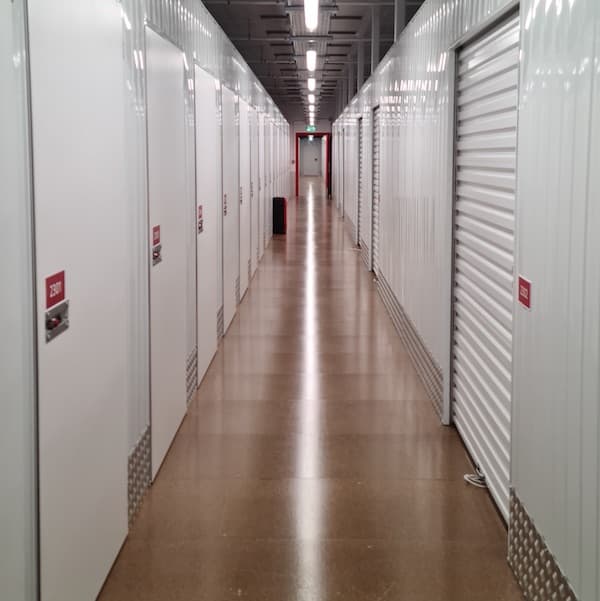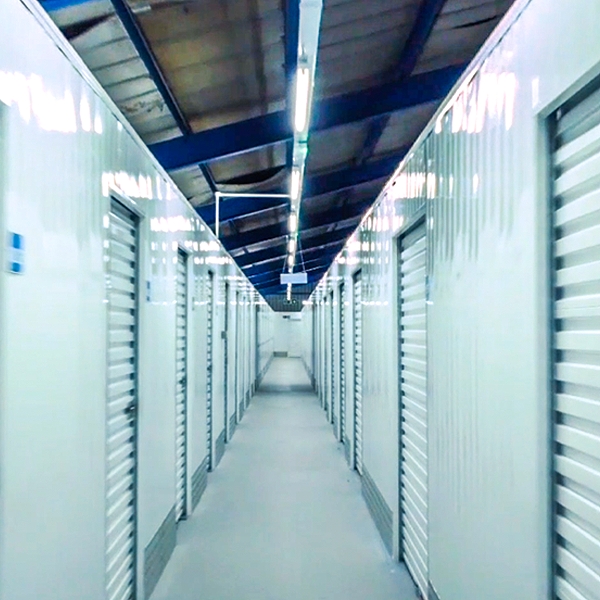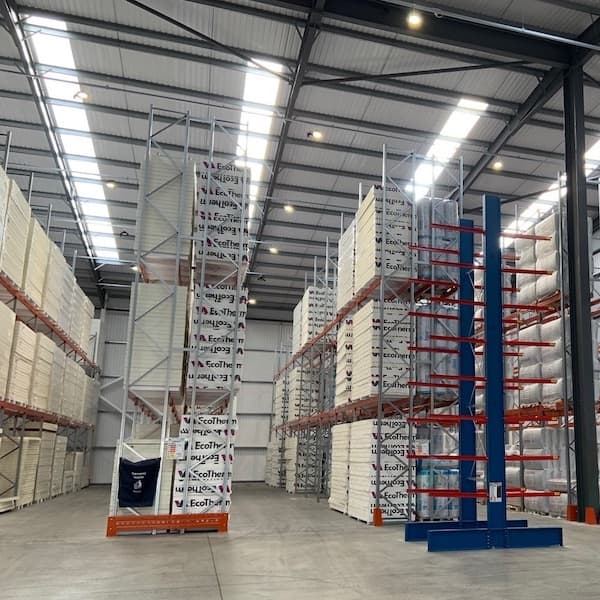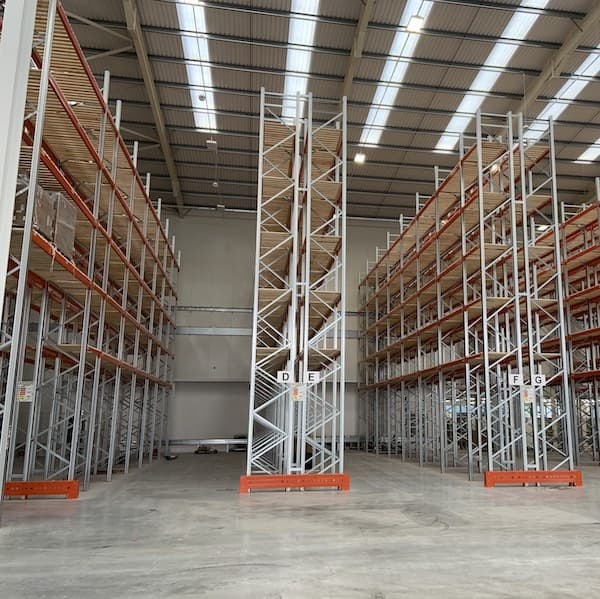- Mezzanine Floors
- Solutions
- Multi-Tier Mezzanines
- Mezzanine Pallet Safety Gates
- Mezzanine Staircases
- Mezzanine Handrails and Balustrades
- Mezzanine Decking
- Fire Protection for Mezzanine Floors
- Mezzanine Lift Shaft Design and Installation
- Resources
- Mezzanine Floor Calculator
- Mezzanine Floor Regulations and Building Control
- Self-Storage Mezzanine Floors
- Self-Storage Units
- Resources
- Self-Storage Site Selection Information
- Calculating The ROI of Self-Storage Conversions
- Planning for Automation in Self Storage
- Racking & Shelving
- Services
- Racking Design
- Racking Manufacture
- Racking Installation
- Racking Inspections
- Retail Racking And Shelving Systems
- Solutions
- Cantilever Racking
- Pallet Racking
- Coil Racking
- Longspan Shelving
- Tyre Racking
- Kimer Racking
- Live Storage Racking
- Drive In & Drive Through Racking
- Clip Shelving
- Mobile Shelving
- Custom Fabrications
- About Us
- USS Case Studies
- Self-Storage Fit-out For Raked Ceiling Building
- Mezzanine And Staircases For Entertainment Venue
- New Mezzanine And Staircases For Major Retailer
- Mezzanine Pallet Safety Gate
- Self-Storage Fit-Out Project For Brand New Facility
- Warehouse Racking, Wire Mesh & Shelving for New Warehouse
- Self-Storage Partition System & Components Installation
- Self-Storage Store Mezzanine And Staircases
- Multi-Tier Mezzanine For Logistics & Distribution Facility
- Warehouse Plant Platform
- Self-Storage Facility Space Expansion
- Mezzanine Floor For Distribution Warehouse
- Bespoke Feature Staircase & Mezzanine
- Single Level, Multi-Use Mezzanine
- Mezzanine For A New Building
- Mezzanine Floor For Plumbing Supplies Warehouse
- New Racking System and Mezzanine Floor
- Car Park Conversion To Self Storage Facility
- Pallet Racking and Cantilever Racking For Warehouse
- Two Mezzanine Floors For Self-Storage Facility In Birmingham
- Our Accreditations
- Contact Us
- USS Case Studies
- In 2024, the global revenue from the use of AI in the self-storage industry was estimated at $1.34 billion
- 58% of self-storage operators think AI will impact their business within the next five years
- The use of AI is tipped to boost the operational efficiency of self-storage facilities by 15-20%
- Customer service solutions, which AI bolsters, can increase customer satisfaction with self-storage provision by 30%
- Amongst self-service customers, 72% state a preference for using AI-powered chatbots for assistance and enquiries
- Predictive maintenance powered by AI can help self-storage providers reduce their energy costs by as much as 25%
- Self-storage security systems powered by AI can reduce the incidence of theft experienced by 40%
- AI-driven solutions can help to reduce the administrative costs associated with self-storage provision by as much as 30%
- Inventory management solutions driven by AI can reduce errors by 50%
- Functionality – does the application deal with the specific areas you have identified within your business?
- Scalability – can the application you choose scale up and adapt as your business grows and changes, putting more demand on the AI chosen?
- User Experience – does the AI have a user interface that is seamless, intuitive and simple to use? Put yourself in the position of employees and tenants utilising the AI tools you opt for.
- Integration – would the AI product you’re considering integrate seamlessly with your existing systems? If not, it could cause damaging disruption.
The Latest Blogs From USS
AI In Self-Storage
read

In one of our recent articles, we looked at the increasing use of Artificial Intelligence (AI) in the warehousing and logistics industry.
In it, we examined ways in which AI and machine learning are already being applied across parts of the warehousing and logistics sector, and the possible applications we might see in the future.
One key takeaway from the article—one that can be applied across warehouse and logistics operations of every size and type—was that AI has already made clear inroads into the sector, with the most ambitious businesses planning further investment in the immediate future.
AI – It’s Already Happening
In this article, we’ll look at the use of AI in the self-storage sector, but we’ll start by making a similar point: AI in self-storage is something that’s already happening, and your competitors might well be using AI already. This could mean they’ll be in a position to deliver a better service than you before too much longer - and with lower operating costs.
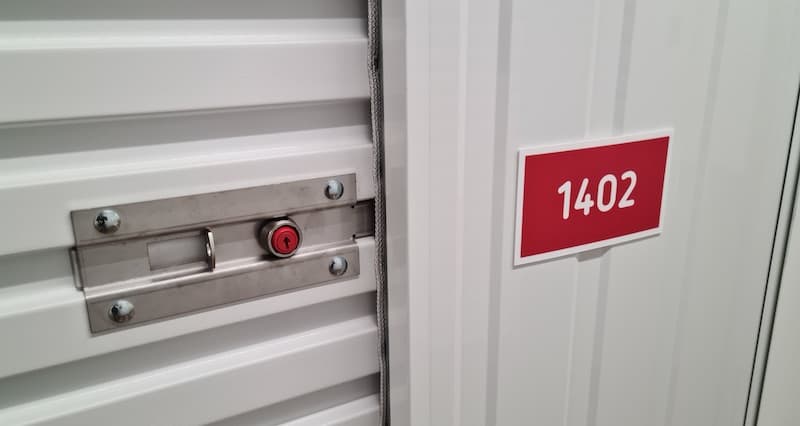
The idea that AI is making inroads across the self-storage sector isn’t merely conjecture. The European Self Storage Industry Report 2024 stated that 69% of survey respondents were planning on using AI in their business in 2024, for example.
If we look at a selection of those statistics we’ll see how they underline the headway that AI has made within the self-storage sector:
Practical Application Of AI in Self-Storage
Talking about AI as a concept is one thing, but how can self-storage operators use it in a practical, hands-on manner? The statistics outlined above referenced a few of the tools and options available. If we consider those in a little more detail, it will be easier to decide which may or may not suit your own self-storage business.
Chatbots
One of the more widespread utilisations of AI across the self-storage industry – indeed, across the whole of industry and commerce – has already been adopted by many operators. This is the use of automated chatbots to deal with customer interactions. Chatbots can be programmed to deal with the kind of queries and issues self-storage customers have, and it’s the nature of machine learning (the tech that provides the foundation for Artificial Intelligence) that allows the chatbots to ‘learn’ to deal more effectively with customer queries the longer they are used. Once in place, chatbots can provide round-the-clock support for customers and save time and employee costs by streamlining the reservation and booking process.
Security And Access Systems
Security and access are two of the biggest issues any self-storage operator has to deal with. In simple terms, the requirement for the strongest protection possible has to be balanced with making it as simple and frictionless as possible for customers to access the items they have in self-storage – whenever they want.
To allow access while keeping the facility, its staff and customers safe, is where AI-powered surveillance systems come in – utilising facial and number plate recognition to power ease of access and make unauthorised access more difficult to pull off.

Similar systems can be implemented to detect unauthorised and unusual activity within a self-storage facility and respond in real time, alerting staff or the relevant authorities when anything unusual is detected, aided by auxiliary technology like motion sensors and cameras.
Revenue Management
When dealing with AI in the self-storage sector, much of the focus tends to fall upon how it can make life easier for customers. This is only natural, of course, but what shouldn’t be ignored is how AI systems can help make management of your self-storage facility more efficient and thus more profitable.
One of the areas where AI can have the most significant and most effective impact is revenue management. AI systems can gather vast amounts of data from a range of sources, both within the facility and beyond. Broader economic factors, for example, have often been shown to impact the demand for self-storage and the charges people are happy to pay. In contrast, a self-storage facility close to a university might expect an influx of students needing to store their items at the end of term. Once gathered, the data on, for example, local supply, historical demand and the price-points adopted by competitors - to name just a few, can be analysed in real time to optimise pricing through adjustments to unit rental fees.
It’s easy to see how the ability to compete with dynamic pricing can help you keep your own units optimally priced compared to your competition. Once in place, systems of this kind can integrate with existing management software, meaning that changes are applied across the board as they are made.
Facility Design
AI can play a vital role at the very start of the process of designing and building a self-storage facility. Our own case studies detail the many and varied ways we’ve helped to design and install self-storage units for new facilities - or reconfigure or expand the layouts of existing buildings. The data gathered on use-cases across the industry could be analysed by AI and inform the layout of future facilities.
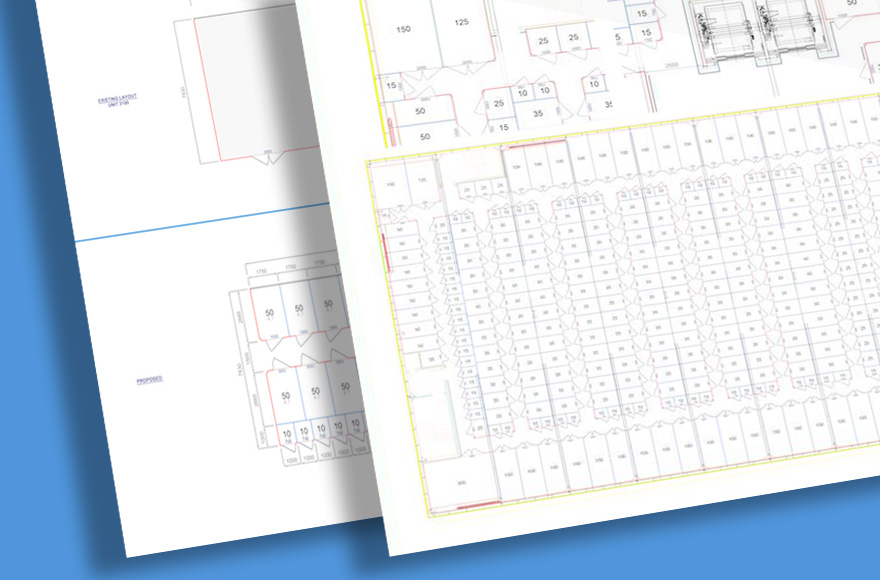
Decision Making
Once AI systems are in place across the whole of a self-storage facility, they can gather vast amounts of data on the operational metrics of that facility. The power of AI is such that this data can then be analysed in a manner which would be impossible without the speed and efficiency of machine learning, and is even more powerful when combined with external data such as broader trends in the market. The result will be the delivery of a data-driven approach to decision making, which enables operators to optimise day-to-day operations, marketing strategies and resource allocation.
Predictive Maintenance
AI software can combine with the Internet of Things (IoT) to deliver a predictive and proactive approach to maintenance within a self-storage facility. Systems such as heating, cooling and security will feed data into the AI systems, triggering alerts as soon as maintenance issues become apparent. In this way, self-storage operators can deal with problems before they become embedded and more difficult to fix, reducing downtime and lowering the repair cost.
Starting From Scratch - Introducing AI
Starting from scratch when you want to take advantage of AI's power can seem daunting, but breaking the process down into smaller, more easily achievable steps will help you identify areas of your self-storage business that could be improved. From this position, you can then prioritise the actions you need to take.
Simple, Actionable Steps
Carry out a detailed audit of how your facility operates, identifying the current workflows and picking up on any evident inefficiencies and bottlenecks.
Start with the obvious. An approach that focuses on tasks prone to human error, repetitive or time-consuming (often all three at once) will highlight the areas where the introduction of AI could help your business most.
Once you’ve identified the areas in which AI could be applied, you can look for the right AI tools, make your choices around issues such as:
This blog is for information purposes only and should not be construed as legal or financial advice and not intended to be substituted as legal or financial advice.
Find Us
S & L United Storage Systems Ltd
United House, The Street
Takeley, Bishop's Stortford
Hertfordshire, CM22 6QR
Company No. 1313816
VAT No. 291616253Say Hello
01279 871 787Copyright © 2025 S & L United Storage Systems Ltd. All rights reserved.
- About Us


